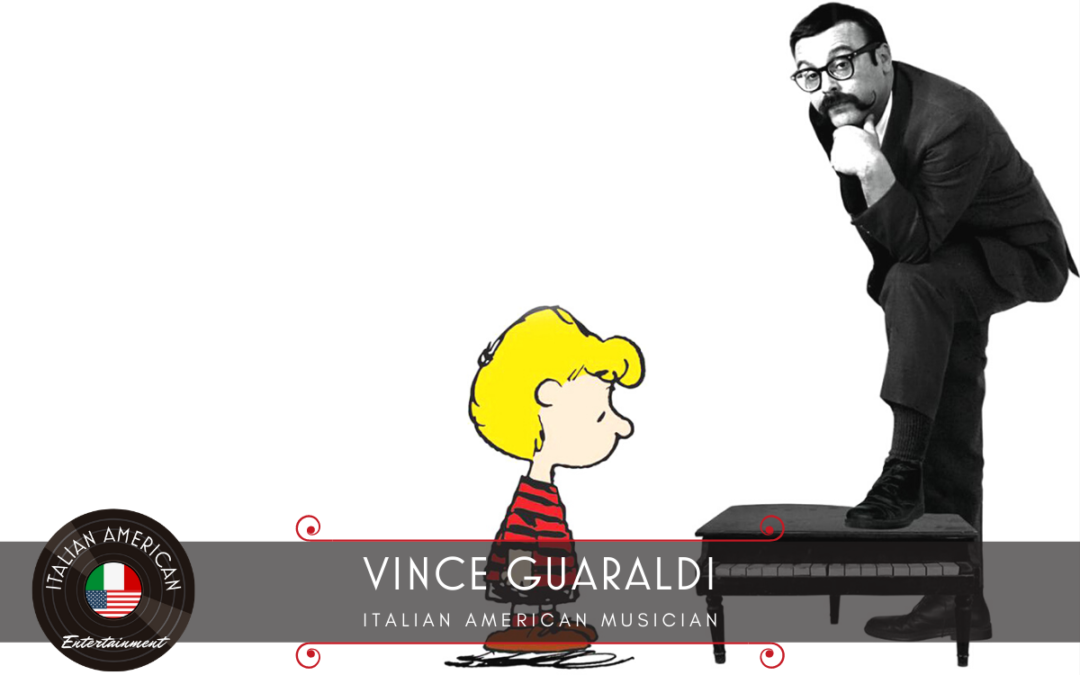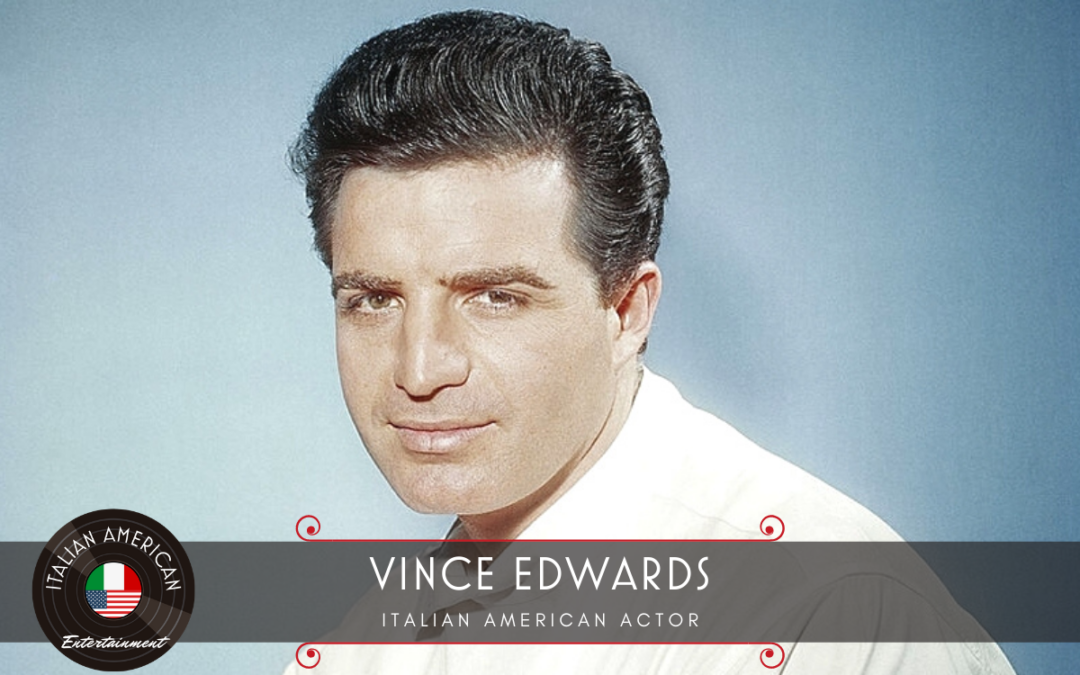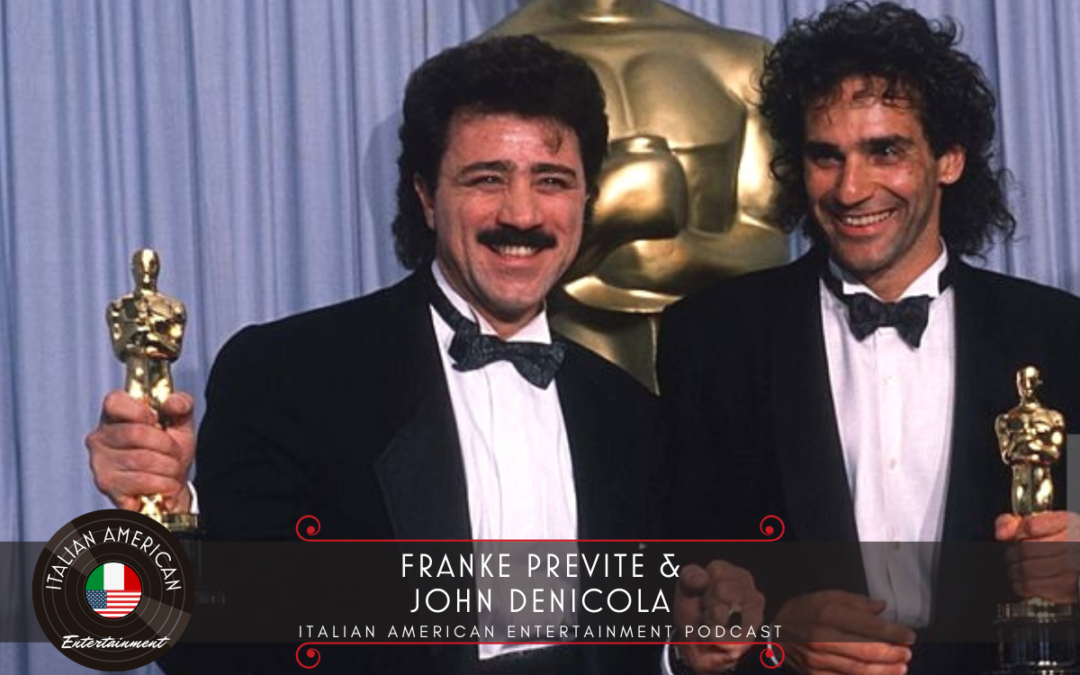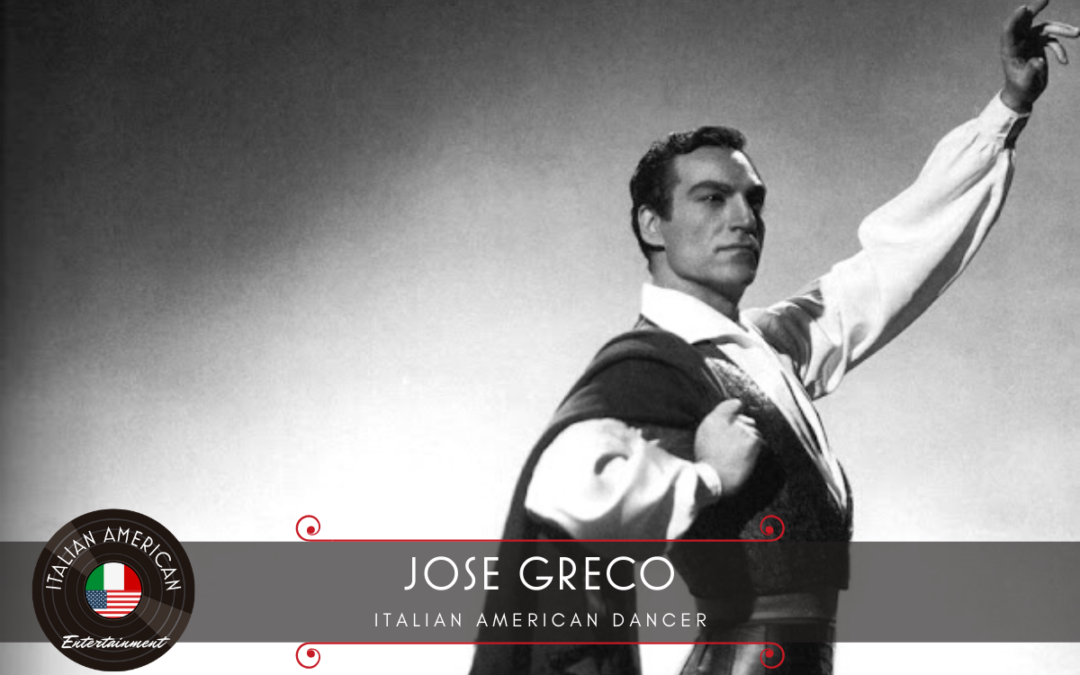


Vince Guaraldi – Italian American Musician
On July 17, 1928, Vincent Anthony Dellaglio was born in San Francisco, CA. Vince changed his last name when he was a child to match that of his adoptive father. He attended Lincoln High School and San Francisco State College. During his time in high school and college, he played a variety of gigs including weddings and dances. By the early 1950s, Vince joined jazz musician Cal Tjader’s group and his first recording with the trio was released a year later. Before the end of the decade, he was pursuing his own projects and released his own original recordings.
In 1964, film producer Lee Mendelson heard one of Vince’s singles on the radio. Lee knew the song had the right feel and sound for a project he was working on. He contacted Vince about the project, who agreed immediately. Two weeks later, Vince had written “Linus and Lucy” and finished the soundtrack for A Charlie Brown Christmas shortly after that. During his career, Vince composed the musical score for 18 Peanuts films and television specials.
Vince unexpectedly passed away on February 6, 1976. His music has inspired countless musicians, including Wynton Marsalis, David Benoit and George Winston. Vince’s score from A Charlie Brown Christmas continues to conjure feelings of the holiday for children and adults alike.

Vince Edwards – Italian American Actor
Vince Edward Zoine was born in 1928 in the Brownsville section of Brooklyn, New York, to Julia and Vincento Zoine, an Italian-American bricklayer. He and his twin brother, Anthony, were the youngest of seven children. He studied aviation mechanics at East New York Vocational High School, graduating in June 1945.
An excellent swimmer, he worked as a lifeguard at Coney Island and swam for the Flatbush Boys Club. He was a standout on his high school swim team, also playing on the school’s baseball and track teams. He studied at Ohio State University on an athletic scholarship. He was part of the university’s swim team that won the United States National Championships. After two years at Ohio State, he transferred to the University of Hawaii where he spent much time training as a swimmer for the Olympics.
Edwards studied acting at the American Academy of Dramatic Arts; his classmates included Anne Bancroft, John Cassavetes, and Grace Kelly. In 1950, he was signed to a contract by Paramount Pictures, making his film debut as Vincent Edwards in 1951’s Mister Universe. The following year he played the lead role in Hiawatha. Although he had major roles in several films, including film noirs The Killing (1956) and Murder by Contract (1958), it was not until he was featured as the title character in the highly successful Ben Casey television series that he achieved stardom. The medical drama, which he occasionally directed, ran from 1961 to 1966. As a result of the show’s success and his own popularity, Edwards released several music albums and appeared in the all-star war film The Victors in 1963.
When the Ben Casey television series ended, Edwards returned to acting in motion pictures with a major role in the 1968 war drama The Devil’s Brigade, together with films such as Hammerhead (1968), The Desperados (1969), and The Mad Bomber (1973). In 1983, he played the main protagonist, Hawk, in the sci-fi film Space Raiders. He directed a number of episodes in a variety of television series including the original Battlestar Galactica. He was also the voice of Jake Rockwell in the 1986 animated series Centurions. Twenty-two years after the series ended, Edwards returned to television as Dr. Ben Casey in a 1988 TV movie, The Return of Ben Casey. He made his last film, The Fear, in 1995. After the filming he was diagnosed with pancreatic cancer. During his acting career he ventured occasionally into the recording studios and there were a number of singles released in his name. Sadly, the most important one was never issued and in 1959 Ray Peterson was credited with the first version of ‘The Wonder of You’ which became an International Hit for him and Elvis Presley – however, the very first recording was made by Vince Edwards.
Edwards died of pancreatic cancer in Los Angeles, California, on March 11, 1996.

Franke Previte & John DeNicola – Episode 14

Jose Greco – Italian American Dancer
José Greco was born in Montorio nei Frentani, Italy of parents, Paolo Emilio Greco and Maria Carmela Bucci. His real name was Costanzo Greco but he later changed it to José Greco. When he was 10 years old, Greco and his family moved to New York City. He began dancing in Brooklyn with his sister Norina at a young age.
Greco made his professional dancing debut in 1937 at the Hippodrome Theatre in Manhattan. His most famous partners were La Argentinita (Encarnación López Júlvez) and, after her death, her sister Pilar López. In 1949, he formed the José Greco Dance Company, with which he toured extensively.
He also appeared in a number of films, including Sombrero (1953), Around the World in 80 Days (1956), Holiday for Lovers (1959), Ship of Fools (1965), and The Proud and the Damned (1972).
In 1951 Greco made his first appearance in the UK at the Sadler’s Wells Theatre. Later in the decade in 1954 and again in 1957 his troupe collaborated with Alfredo Antonini and members of the New York Philharmonic while performing during open air concerts at Lewisohn Stadium in New York City.
Greco received many honors and awards including being knighted by the Spanish government (Cruz Laureada del Caballero del Mérito Civil) and receiving four honorary doctorates.
José Greco started the José Greco Foundation for Hispanic Dance in 1972 and retired from the stage for the first time in 1974. He published an autobiography, Gypsy in My Soul: The Autobiography of José Greco, in 1977. He had six children, three boys and three girls. His sons José Luis and Paolo are composers; his son José Greco II is a dancer as are his three daughters, Alessandra, Carmela and Lola.
He came out of retirement in the late 1980s to form a company featuring his children. He appeared on stage for the last time in 1995, at the age of 77. Until his death he was Visiting Professor of Dance at Franklin & Marshall College in Lancaster, Pennsylvania.
José Greco died of heart failure in his home in Lancaster, on Dec. 31, 2000. In an obituary in the Los Angeles Times, dance critic Lewis Segal noted that Greco had been characterized as “the undisputed Spanish dance star of the ’50s and ’60s” and “the greatest of all dance stars until the advent of Rudolf Nureyev” in terms of box-office power.
